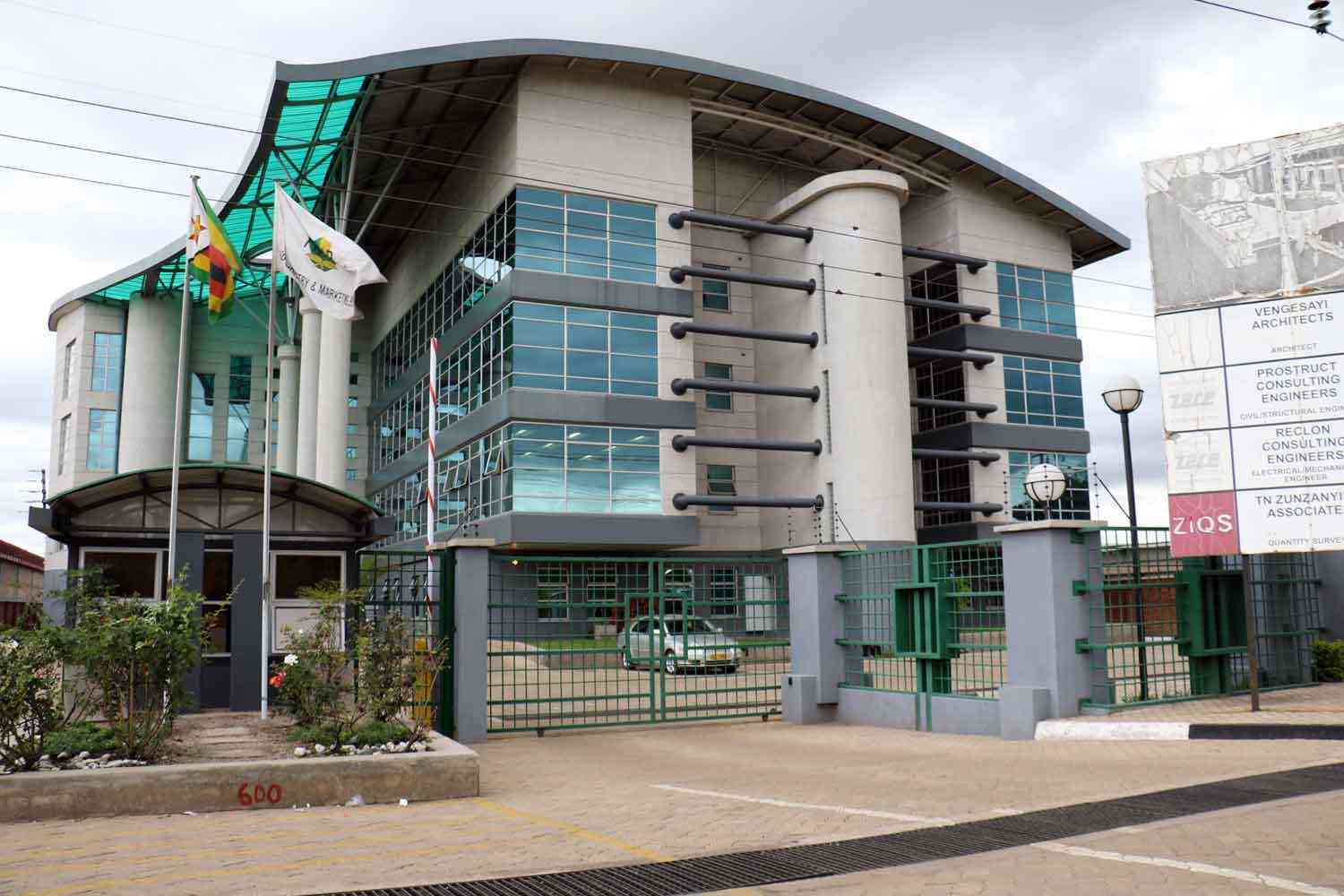
THE Tobacco Industry and Marketing Board (TIMB) is conducting afforestation and fire mitigation strategies in major tobacco-producing regions to promote long-term growth of the sector.
Zimbabwe is recording losses of thousands of hectares of forests annually due to a variety of activities, including agriculture, domestic use and veld fires, leading to major tobacco companies pushing for the protection of natural resources.
The rate at which Zimbabwe is losing virgin forests has increased fears of desertification, which has affected some parts of the country, including tobacco woodlots.
In a statement, TIMB said its environmental, social and governance (ESG) officers had been deployed to assess fire preparedness in tobacco woodlots to promote sustainability and safeguard afforestation efforts.
“As the fire season approaches, our ESG officers are actively conducting woodlot assessment across Zimbabwe to ensure sustainability and fire safety in tobacco-growing regions,” TIMB said.
The organisation said the inspections are not only focused on fire prevention, but also form part of its long-term commitment to responsible environmental management.
“These proactive efforts are part of our commitment to ESG standards, protecting community assets and ensuring the long-term success of afforestation programmes,” the regulator said.
Deforestation is defined as the removal of forest land, and put it to non-forestry use.
- Unpacking environmental laws for real estate in Zimbabwe
- Veld fire management strategies for 2022
- Stop harassing media for reporting truth
- Letters to the editor: PVOs Bill must be shot down
Keep Reading
In Zimbabwe, the problem is threatening to decimate the country’s forests, leading to loss of bio-diversity, general forest land degradation, loss of animal habitats and reduction of water supply — both in terms of quality and quantity.
Other challenges caused by deforestation in Zimbabwe include desertification and the exacerbation of climate change that all negatively impact agricultural productivity.
As climate change continues to exacerbate drought and fire conditions, regulatory bodies like TIMB are increasingly focusing on long-term environmental protection to ensure the viability of one of Zimbabwe’s largest export crops
TIMB urged farmers to maintain firebreaks.










